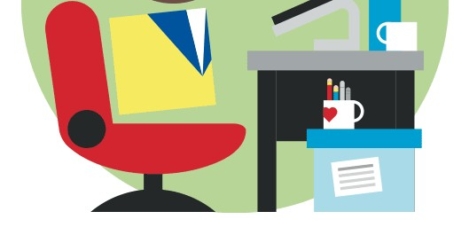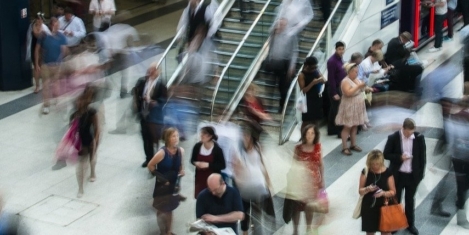To provide the best experiences, we use technologies like cookies to store and/or access device information. Consenting to these technologies will allow us to process data such as browsing behaviour or unique IDs on this site. Not consenting or withdrawing consent, may adversely affect certain features and functions.
The technical storage or access is strictly necessary for the legitimate purpose of enabling the use of a specific service explicitly requested by the subscriber or user, or for the sole purpose of carrying out the transmission of a communication over an electronic communications network.
The technical storage or access is necessary for the legitimate purpose of storing preferences that are not requested by the subscriber or user.
The technical storage or access that is used exclusively for statistical purposes.
The technical storage or access that is used exclusively for anonymous statistical purposes. Without a subpoena, voluntary compliance on the part of your Internet Service Provider, or additional records from a third party, information stored or retrieved for this purpose alone cannot usually be used to identify you.
The technical storage or access is required to create user profiles to send advertising, or to track the user on a website or across several websites for similar marketing purposes.
 ?In light of the numerous changes in daily behaviour across the world because of the coronavirus,?Microsoft has published the first edition of its?Work Trend .?It uses the Microsoft Graph of usage data to analyse productivity trends and observe how remote working scenarios are changing the way we connect with each other. (more…)
?In light of the numerous changes in daily behaviour across the world because of the coronavirus,?Microsoft has published the first edition of its?Work Trend .?It uses the Microsoft Graph of usage data to analyse productivity trends and observe how remote working scenarios are changing the way we connect with each other. (more…)



















 A new study by Mercer claims the COVID-19 pandemic and subsequent uncertainty are accelerating changes in the way organisations around the world are working and will continue to work into the future. Particularly in challenging times, employers are focusing on their workforce, specifically fostering healthy lifestyles, supporting financial wellness and providing skills and training as careers change due to AI and technology developments.
A new study by Mercer claims the COVID-19 pandemic and subsequent uncertainty are accelerating changes in the way organisations around the world are working and will continue to work into the future. Particularly in challenging times, employers are focusing on their workforce, specifically fostering healthy lifestyles, supporting financial wellness and providing skills and training as careers change due to AI and technology developments. 
 Research of product popularity and customer click out data by product comparison service,
Research of product popularity and customer click out data by product comparison service, 









April 8, 2020
Finance leaders gear up for life after lockdown
by Stephen Norris • Comment, Property